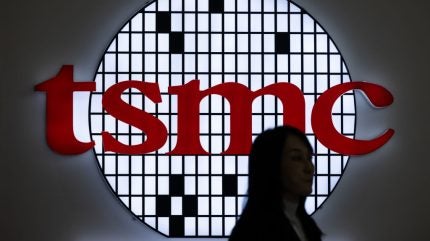
Taiwan Semiconductor Manufacturing Co.’s (TSMC) Phoenix plant produced 4% more usable chips than equivalent plants in Taiwan, according to TSMC US division president Rick Cassidy. This is TSMC’s first plant in Arizona and the positive production results are a significant development in the country’s US presence, which has been marked by union clashes and delays.
Production yields are an important marker for a semiconductor firm since they signal whether a company can cover the high costs of manufacturing high-tech chips.
TSMC, a partner of NVIDIA and Apple, is in line for $6.6b of government grants, $5b in loans and a 25% tax credit to build three more facilities in Arizona. The funding comes from the 2022 Chips and Science Act, a legacy project of the Biden administration that provides major investments to bolster the country’s semiconductor capacity and STEM R&D.
The news is a welcome break for the Arizona plant, which was caught up in a union dispute in September 2023 over safety and training issues. It involved workers building the site, not those who would be working there to manufacture chips once production started which caused delays. There were fears that once operational, the site would not be as productive as TSMC’s plants in Taiwan.
“Our first fab entered engineering wafer production in April with 4-nanometer process technology, and the result is highly satisfactory, with a very good yield,” said TSMC’s CEO C.C. Wei on an investor call last week.
“This is an important operational milestone for TSMC and our customers, demonstrating TSMC’s strong manufacturing capability and execution.”
How well do you really know your competitors?
Access the most comprehensive Company Profiles on the market, powered by GlobalData. Save hours of research. Gain competitive edge.

Thank you!
Your download email will arrive shortly
Not ready to buy yet? Download a free sample
We are confident about the unique quality of our Company Profiles. However, we want you to make the most beneficial decision for your business, so we offer a free sample that you can download by submitting the below form
By GlobalDataThe US has been making great efforts to bolster domestic semiconductor production and, equally, to limit China’s ability to do the same. It has lobbied allies that are crucial to semiconductor supply chains, namely the Netherlands and Japan, to impose similar export curbs.



